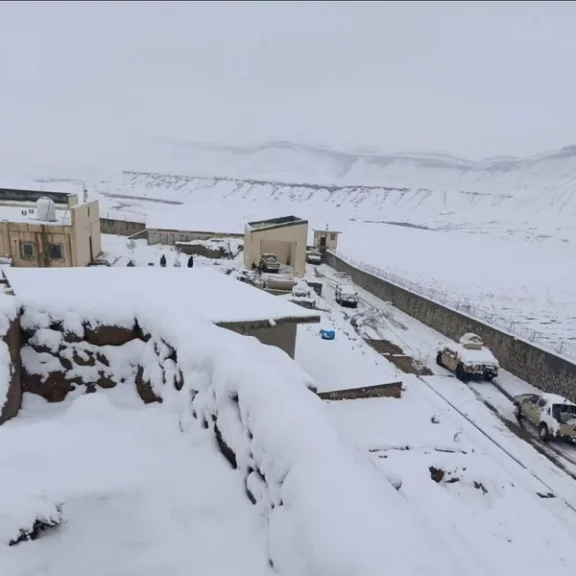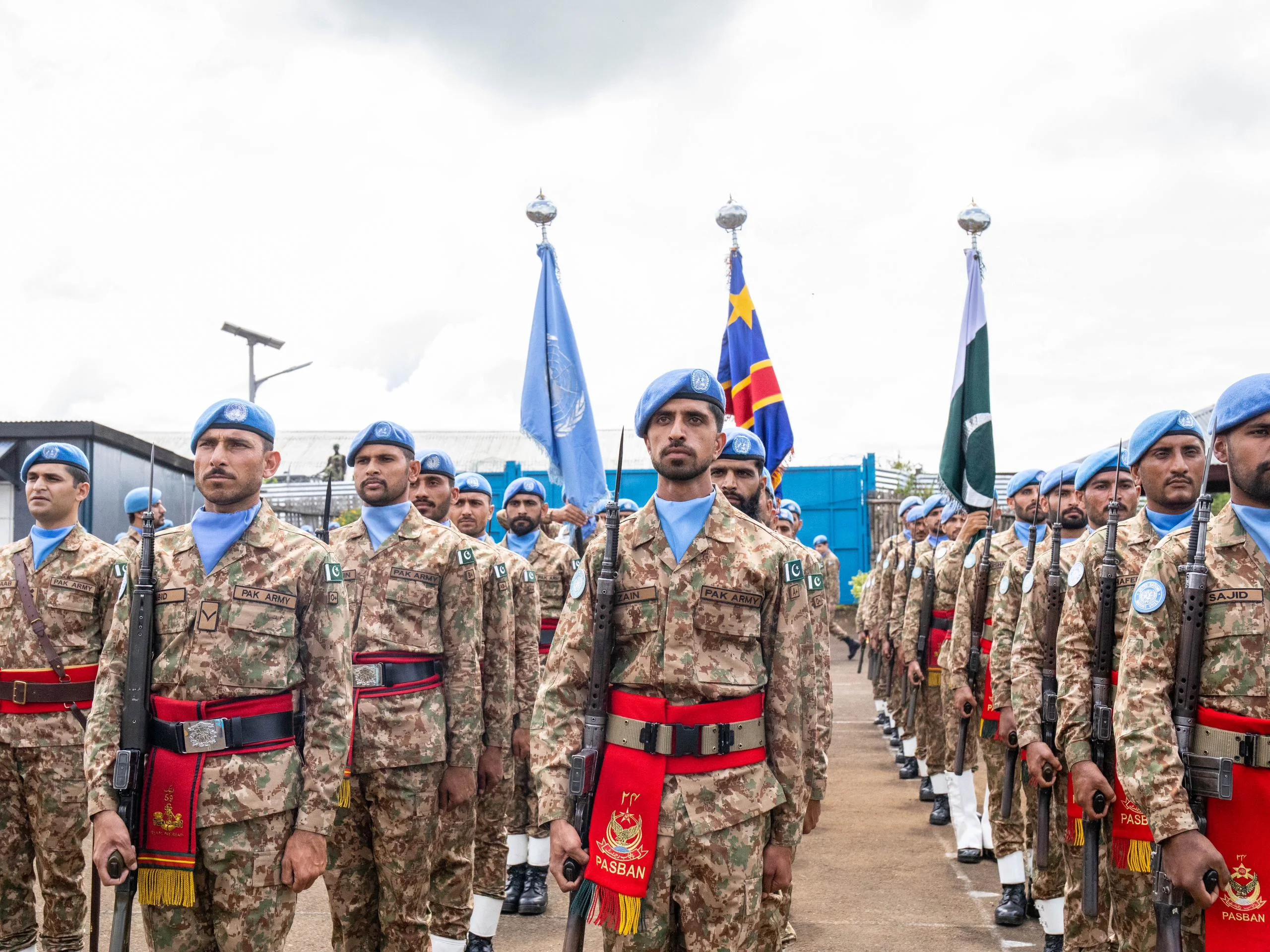Pakistan’s PM Shehbaz Sharif has ordered a probe into an advertisement of the country’s flag carrier that bears imagery similar to the September 11 attacks.
Pakistan International Airlines (PIA) marked the resumption of its flights to European Union countries with the advertisement. The EU lifted a four-year ban on the airline last November. The EU had imposed the ban over multiple safety concerns.
PM Sharif has ordered a probe into the controversial advertisement, seeking an explanation from PIA officials.
Also See: PIA Resumes Direct Flights to Europe After EU Lifts Ban
A post shared by the airline on X on January 10 – the same day as the resumption of its flights to the EU – shows an image of a PIA plane flying towards the iconic Eiffel Tower in Paris, sparking condemnations by online users over its evocation of the 2001 attacks in New York.
The caption read: “Paris, we’re coming today.”
“Is this a threat?” one user said in a post on X. Another user mocked the PIA advertisement saying: “This campaign is rated 9/11.”
This news is sourced from [South China Morning Post] and is for informational purposes only.

![PM Shehbaz Sharif orders probe into PIA advertisement sparking controversy over 9/11 imagery on flight to Paris. [Image via South China Morning Post]](https://southasiatimes.org/wp-content/uploads/2025/01/6e5b5c99-1f4f-4a0e-a2ef-3b978357b8fb_368ed92c.webp)




